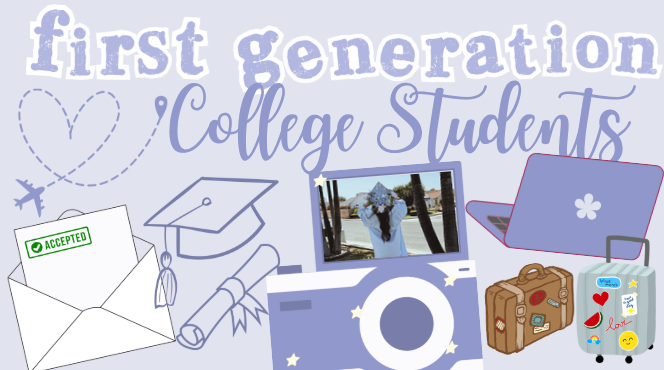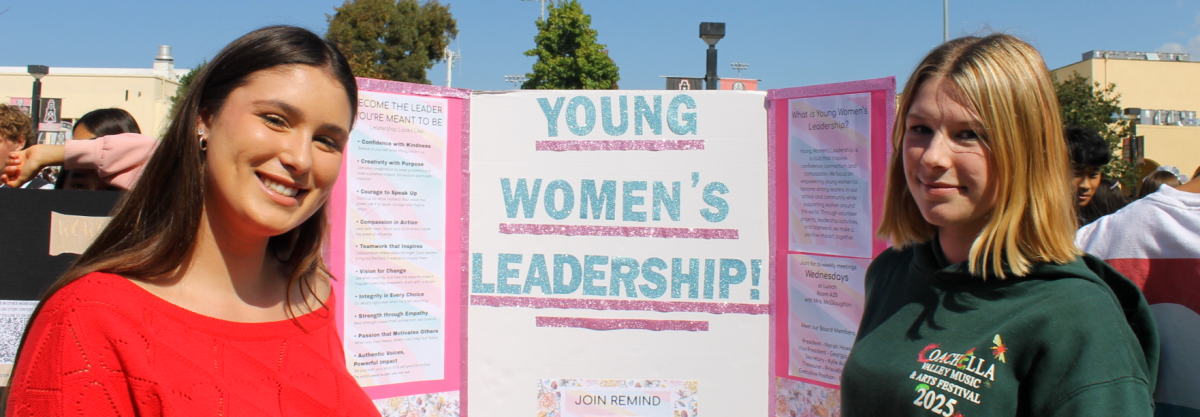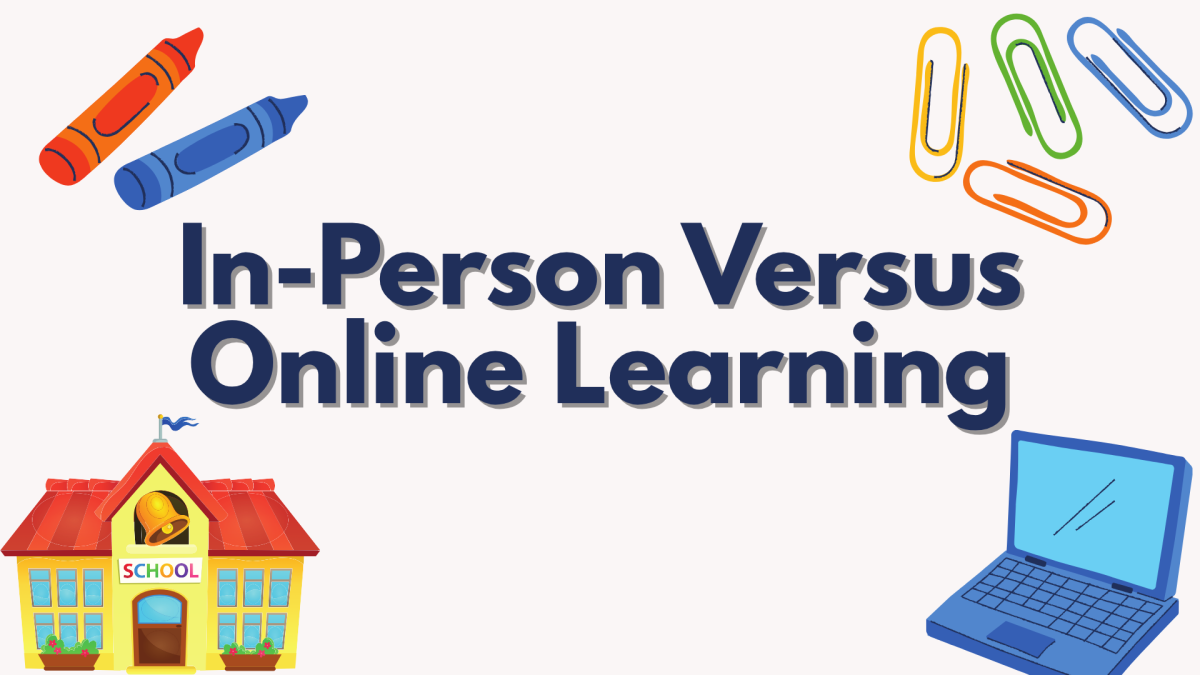While college and high school both offer students a host of new experiences and challenges, the transition can be scary. Middle school to high school is a somewhat easy transition. Most have their friends from middle school and are familiar with how the system and schedule work already. The college system, however, is foreign and unfamiliar to anyone anticipating their new chapter. For first-generation college students, though, the experience can be even more disorientating.
What is a first-generation college student? This term is defined by a person raised by parents who did not achieve a bachelor’s degree and is the first to go through the four-year college experience. In educational terms, they are the first in their families to get an education post-high school and are placed in an unfamiliar battlefield to pave the way for the rest of their families.

Justice Yim, a rising sophomore at Pace University (PU), is a first-generation college student. While college was always in the picture for her, the journey leading was a struggle. She said, “I’m in constant battle with my own expectations.”
When questioned about her senior life in high school, she said, “I had no sense of direction, and I didn’t really have guidance.” Despite the unknown aspects of college, Yim decided to attend to prove it to herself and others that there was no hurdle she couldn’t overcome. “My mom and dad inspired me, because they hadn’t gone yet,” she said. “So I made it my thing to pursue.”
Carlota Martinez, a third-year graduate student at California State University of Dominguez Hills (CSUDH), is another first-generation student. She said, “I come from a family in which my mother was only allowed to go to school in Mexico until she reached the third grade, as she had to work as a maid or in the fields to help support her family.” In spite of this, Martinez decided to view her background positively and as motivation.

“Seeing her efforts as a parent and also seeing the experiences of my cousins in Mexico who still cannot go to school full term as I can made me realize how fortunate I was to have the tools to reach my academic goals,” she said. “These experiences inspired me to aim high in terms of academic goals.”
Reflecting deeper into her high school life, she realized there was a failure to inform her of the helpful programs college has to offer. She said, “High schools could do a better job of informing students of all the different programs out there that could make students’ transition into higher ed easier, such as Extended Opportunities Programs and Services (EOPS), First Year Experience, transfer centers, career centers, etc.”
Martinez reflects on her undergraduate years and offers advice, noting all the twists and turns she went through to get where she is now. She said, “As someone who dropped out of their dream school (University of California, Davis pre-med program), only to go back to community college, and then transfer to University of California, Riverside…it is okay if you think you have things figured out and then they don’t turn out as you wanted. It is part of life!”
To all the first-generation seniors entering the next chapter of their story, use your background as an inspiration to blossom. Don’t wilt. In light of the 2025 school year coming to an end, test the waters with an open mind and always reach out for help whenever needed.








